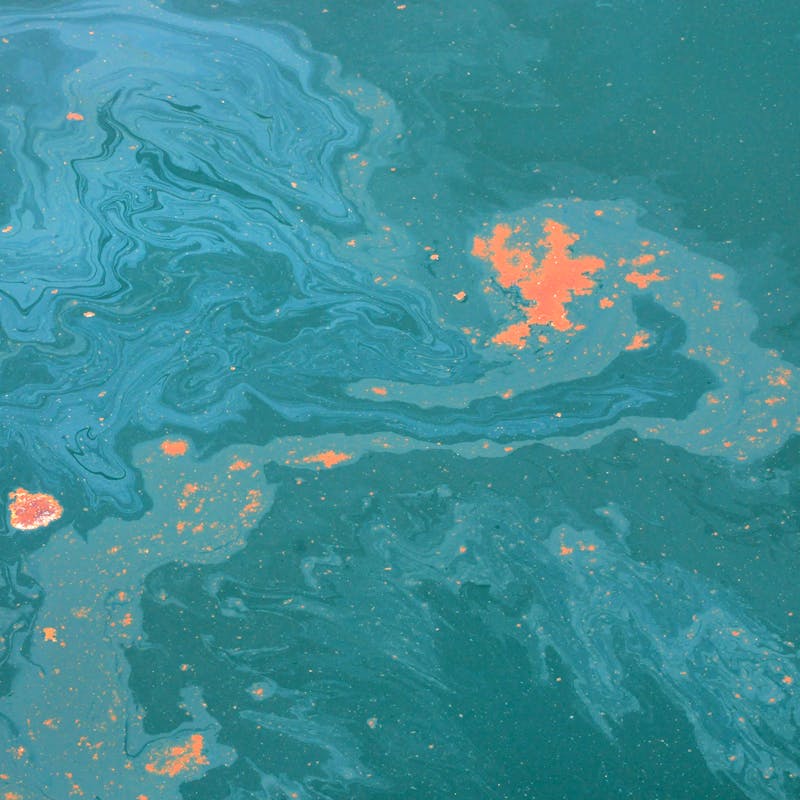Post by Mike Senatore, vice president of conservation law at Defenders of Wildlife.
Tuesday, as the slow motion catastrophe caused by the Deepwater Horizon blowout continued to worsen, U.S. District Judge Martin Feldman of the Eastern District of Louisiana blocked the six-month moratorium on deepwater drilling imposed by President Obama’s administration. The moratorium, instituted on May 27, had brought the approval of any new permits for deepwater drilling to a standstill, and suspended drilling at 33 already existing exploratory wells in the Gulf of Mexico. Oil industry groups, led by Hornbeck Offshore Services Inc., asked that the temporary ban on hazardous deepwater oil drilling be blocked in order to resume drilling in risky deepwater conditions.
Defenders of Wildlife and several other environmental and conservation groups intervened in Hornbeck v. Salazar, supporting the administration in defense of its decision to enact a temporary moratorium on deepwater drilling. Allowing deepwater drilling to continue before the completion of an adequate investigation of the unprecedented Gulf oil disaster, and the implementation of measures to decrease the risk of future spills, imposes further grave risks to the already jeopardized environment and economy of the Gulf region. Over 1,746 birds, 528 sea turtles, and 51 marine mammals have been reported impacted by the atrocious April 20 oil spill. The actual numbers of affected wildlife are expected to be much higher.
In his ruling, Judge Feldman states that the government “failed to cogently reflect the decision to issue a blanket, generic, indeed punitive, moratorium with the facts developed during the thirty-day review.” With this finding, Judge Feldman ruled on the side of an industry that is responsible for substantial and irreparable damage that its actions have wrought upon our nation’s priceless wildlife and coastal communities (see: Prudhoe Bay, Alaska, 2006; Port Sulphur, La., 2000; Bolsa Chica State Beach, Calif., 1990; Price William Sound, Alaska [the Exxon Valdez], 1989, etc.). If erring on the side of caution after the greatest environmental disaster in our nation’s history is not adequate reasoning, what is?
This blog was originally posted on The Hill’s Congress Blog.





Follow Defenders of Wildlife
facebook bluesky twitter instagram youtube tiktok threads linkedin